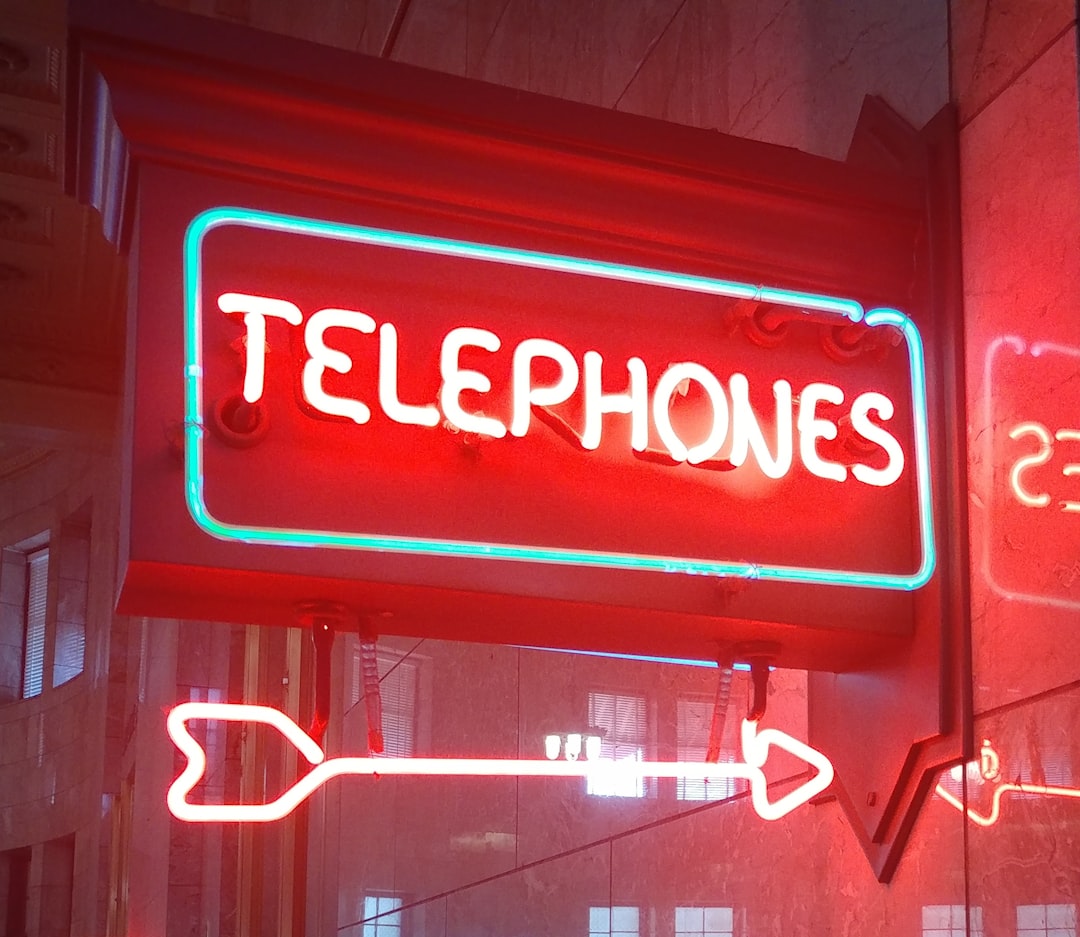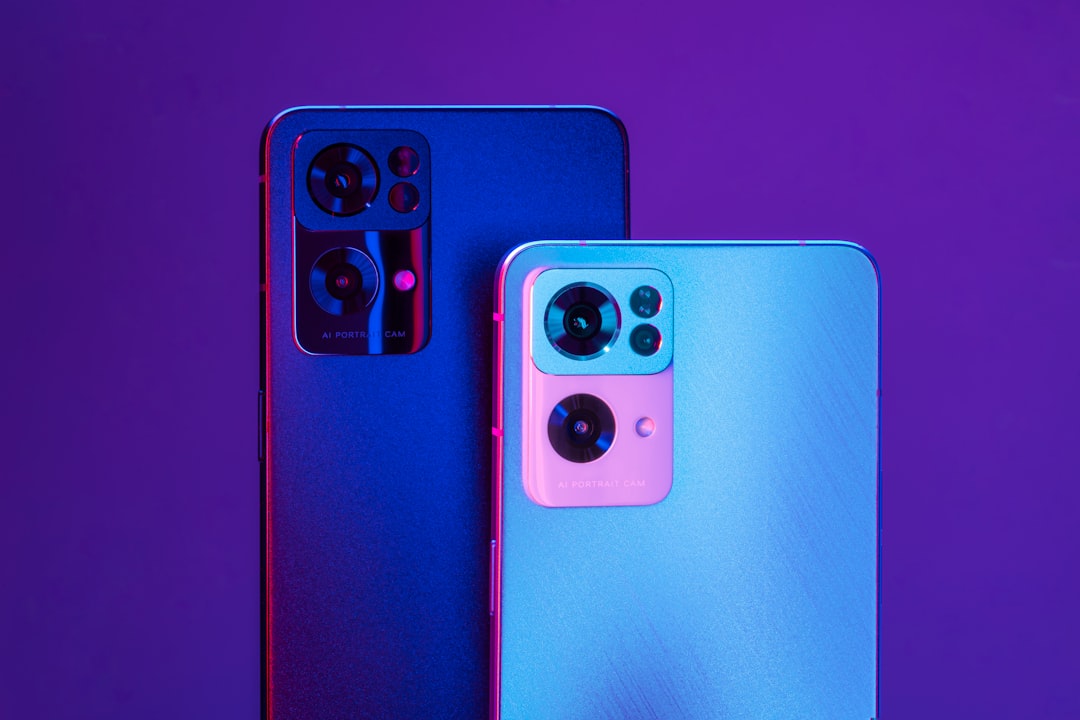Spam calls, including pre-recorded messages and live salespeople, are a significant issue in Mississippi, impacting privacy, causing disruption, increasing costs, and posing identity theft risks. State and federal laws like the Telemarketing and Consumer Fraud Act (TCFA) and Telecommunications Act of 1996 empower authorities to combat deceptive telemarketing. A spam call lawyer Mississippi assists individuals and businesses in navigating these protections, ensuring compliance, and implementing effective reporting systems. Developing sophisticated tools with AI and cloud-based databases is crucial for accurately capturing and classifying unwanted calls. A user-friendly Spam Call Reporting System, promoted by the Mississippi Bar Association, allows lawyers to efficiently log and report spam calls, fostering a proactive collective effort against nuisance calls targeting legal practices in the state.
In Mississippi, as across the nation, spam calls remain a pervasive nuisance. These unsolicited phone calls not only disrupt daily life but can also indicate potential scams or fraudulent activities targeting residents. This article guides Mississippi lawyers on establishing a robust spam call reporting system. By understanding the legal landscape, exploring effective tools and technologies, and implementing strategic promotion, attorneys can empower themselves and their clients to combat these unwanted intrusions and protect against potential fraud, ensuring a safer communication environment for all spam call Lawyer Mississippi stakeholders.
Understanding Spam Calls and Their Impact in Mississippi

Spam calls, or unsolicited telephone marketing calls, are a widespread issue in Mississippi, as they are across the nation. These calls can include pre-recorded messages, live salespeople, or even automated systems designed to target consumers with various products and services. While many businesses use legitimate telemarketing practices, spam calls often violate consumer privacy and can be particularly intrusive.
In Mississippi, as in many states, spam calls have significant impacts on residents’ lives. They not only disrupt daily routines but also contribute to rising communication costs and potential identity theft risks. Moreover, these calls can be frustrating and harassing, leading many individuals to seek legal recourse through a spam call lawyer Mississippi. Understanding the problem is the first step towards creating an effective reporting system to combat this modern nuisance.
Legal Framework: Anti-Spam Laws in Mississippi and Federal Guidelines

In Mississippi, the fight against spam calls is supported by both state and federal laws designed to protect consumers from unwanted telemarketing practices. The Telemarketing and Consumer Fraud Act (TCFA) is a key state statute that prohibits deceptive or fraudulent telemarketing activities, including spam calls. This law empowers the Mississippi Attorney General’s Office to investigate and enforce compliance with its provisions.
At the federal level, the Telecommunications Act of 1996 and the Telemarketing Sales Rule (TSR) further safeguard consumers from spam calls. The TSR, implemented by the Federal Trade Commission (FTC), places restrictions on telemarketers across the nation, including requirements for obtaining prior consent before making sales calls and provisions for handling consumer complaints effectively. A spam call lawyer in Mississippi can guide individuals and businesses on navigating these legal frameworks to protect their rights and implement effective reporting systems.
Designing an Effective Reporting System: Tools and Technologies

Designing an effective reporting system for spam calls is paramount, especially for those seeking legal counsel in Mississippi. The first step involves selecting robust tools that can accurately capture and categorize these unwanted calls. Consider implementing a user-friendly interface where individuals can easily log details such as the caller’s number, time of contact, and nature of the call (e.g., promotional, fraudulent). Advanced systems might incorporate AI to automatically filter and prioritize reports based on urgency and potential legal implications.
Technologies like cloud-based databases ensure secure storage and easy retrieval of reported spam calls, facilitating efficient tracking and analysis. Additionally, integrating these reporting tools with existing legal software can streamline the process for Mississippi-based lawyers. Such systems enable them to promptly identify trends, source locations, and common tactics used by spammers, empowering them to provide more effective representation for their clients affected by these nuisance calls.
Implementing and Promoting Your Spam Call Reporting System for Lawyers in Mississippi

Implementing a Spam Call Reporting System for lawyers in Mississippi is a proactive step to mitigate nuisance calls, ensuring a more professional and efficient legal practice. The first step is to establish a user-friendly platform where lawyers can easily log and report spam calls they receive. This system should allow for detailed reporting, including call timestamps, phone numbers, and the nature of the calls. Encouraging participation from the Mississippi Bar Association or local legal communities can boost adoption rates, as it provides a centralized resource to combat a growing issue.
Promoting this initiative is key to its success. Legal professionals in Mississippi should be educated on the benefits, such as improved client satisfaction and reduced administrative burden. Using targeted marketing strategies, including email campaigns and workshops, will help raise awareness about the system among lawyers across the state. Additionally, providing clear instructions and excellent customer support can make the reporting process seamless, encouraging more lawyers to actively contribute to this collective effort against spam calls targeting legal practices in Mississippi.






